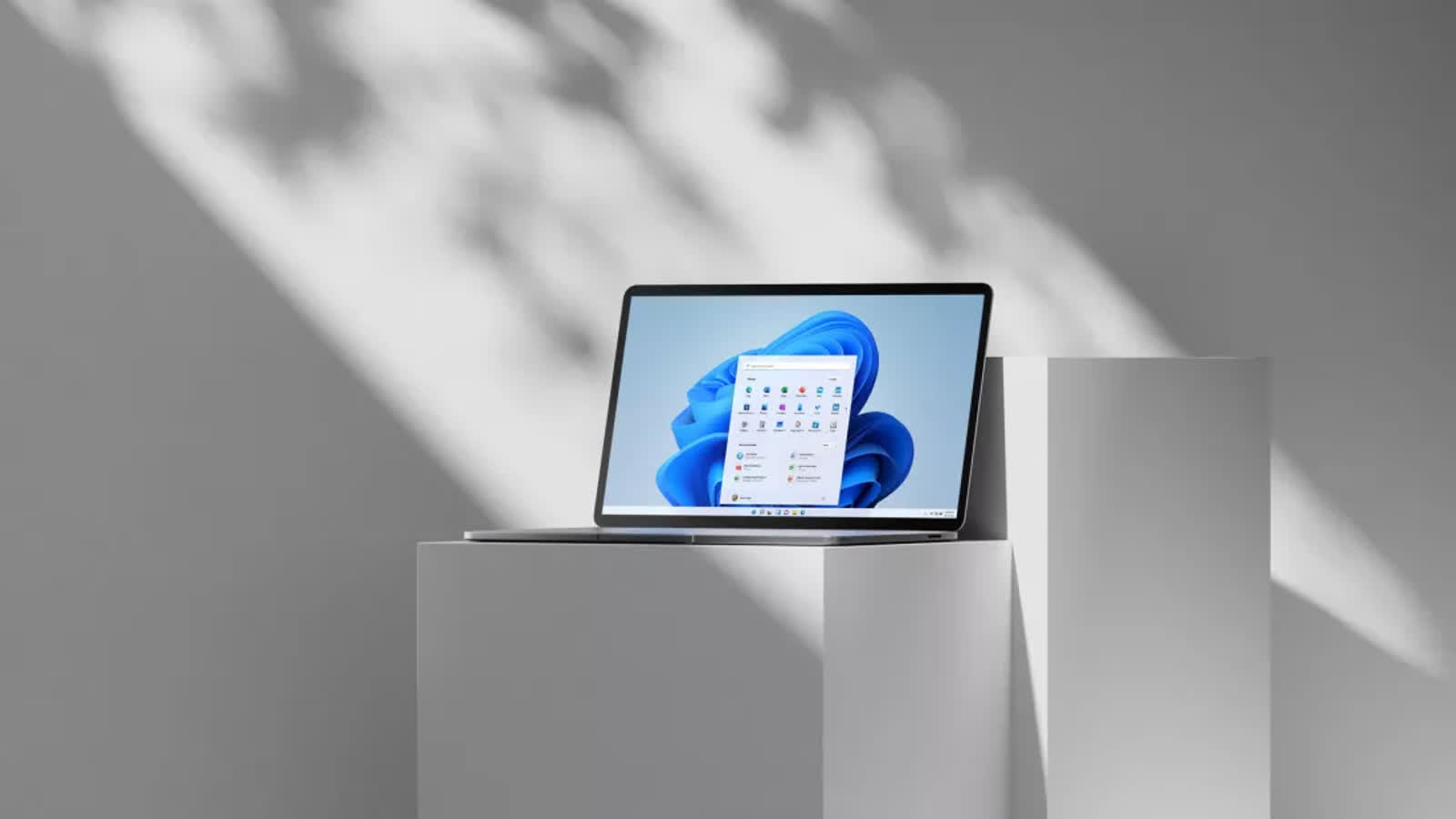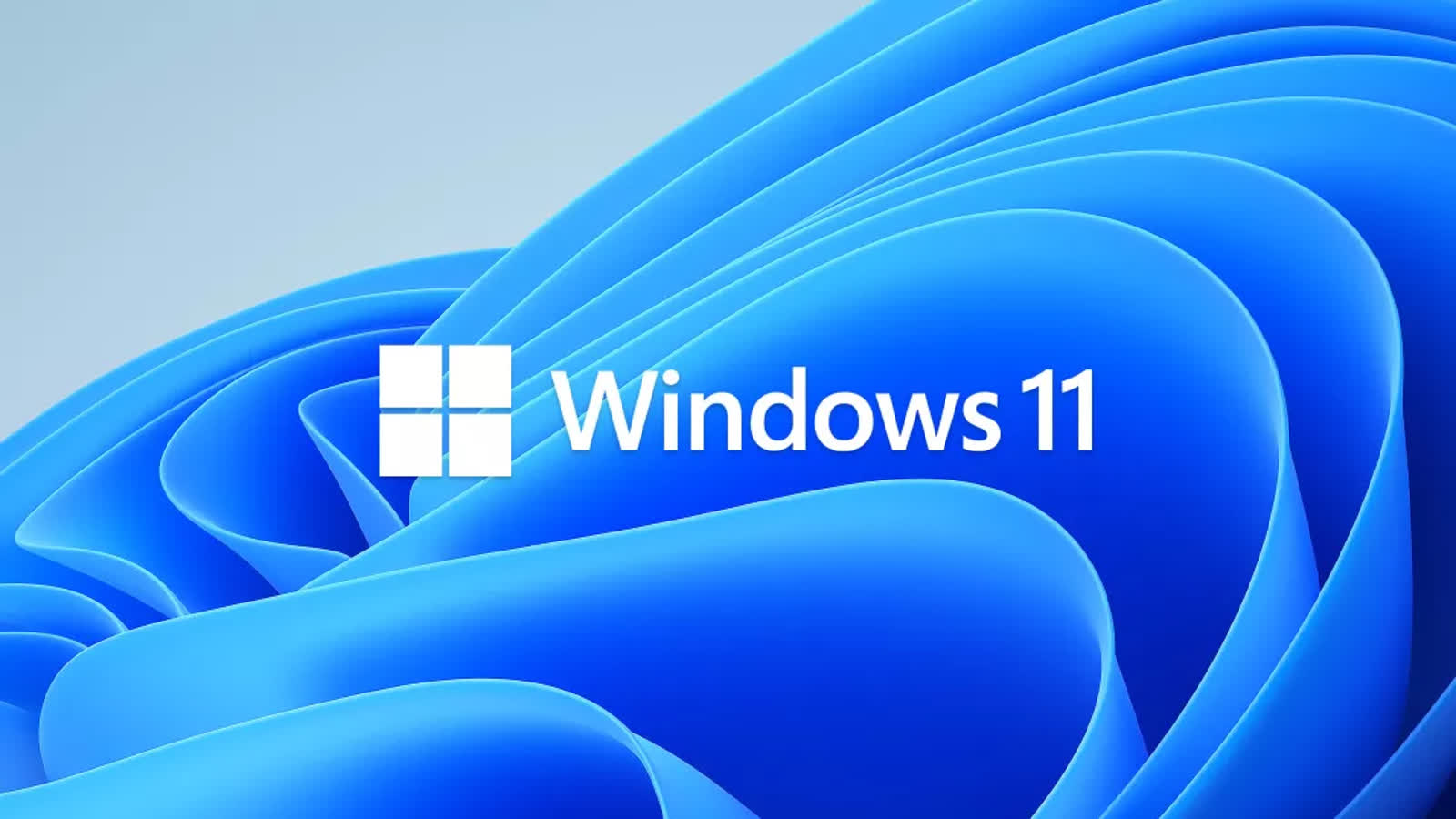In brief: Microsoft's Windows 11 was released recently with a few worrying bugs, most notably a memory leak issue, but the problems for the operating system don't stop there as more emerge with Microsoft updating its known issues page.
A new bug was discovered for devices running Intel's Killer networking software. The compatibility issue could result in users dropping User Datagram Protocol (UDP) packets "under certain conditions."
"This creates performance and other problems for protocols based on UDP. For example, some websites might load slower than others in affected devices, with videos streaming slower in certain resolutions. VPN solutions based on UDP might also be slower," Microsoft detailed.
It doesn't stop there, though: the same issues are also affecting any Windows 11 device running Dell's SmartByte software, which is an application designed to boost signal strength for browsing, streaming and downloading. It now comes pre-installed on some of Dell's laptops and is enabled by default.

The fix is due for release in the upcoming security update on October 12. Beyond the aforementioned bugs, Microsoft listed another compatibility issue pertaining to Oracle's VirtualBox; users may be unable to start Virtual machines (VMs) and encounter errors. Oracle is currently ironing out the complications, with a patch scheduled for a release sometime later this month.
A bug that Microsoft has yet to acknowledge the existence of is the memory leak reported by users. File Explorer is accumulating RAM and not releasing it when users open a new window, effectively slowing one's system down.
Over 60 percent of PC users are unaware of Windows 11's launch, and based on these prominent problems, Microsoft may prefer it remains that way while it works on a more stable version. The general consensus for the OS' latest iteration asserts it's still a work in progress, with reviewers having mixed feelings. One unpopular decision in particular was Microsoft's controversial system requirement, TPM 2.0.
